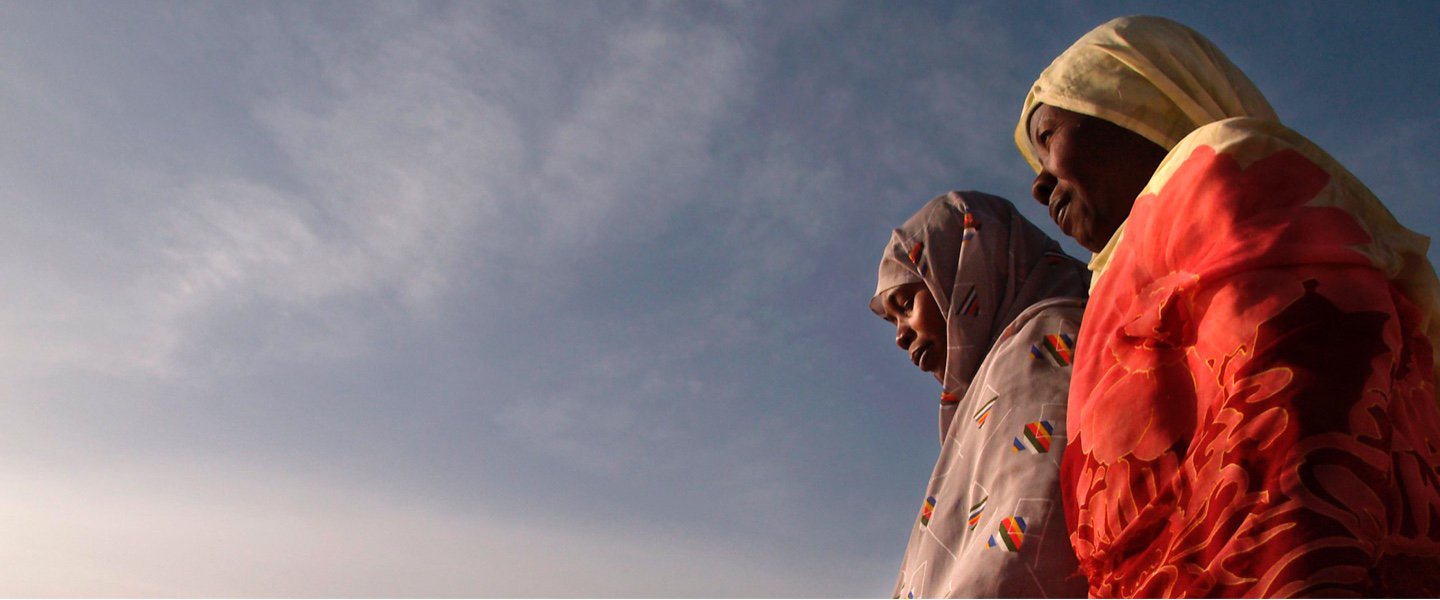From 2014–18, 22,718 out-of-school youth were enrolled in a skills training program, 4,858 were enrolled in apprenticeship, and 654 completed business plans under an entrepreneurship program.
From 2013–18, 73,736 people in rural areas received access to electricity through renewable energy sources, which prevented 2,008 tons of greenhouse gas from entering atmosphere.
From 2014–18, 34,230 youth aged between 15–35 years were trained through a skills development program, of whom 32% were women.
From 2014–18, 71,478 households, representing 405,862 people, benefited from direct cash transfers, of whom 50% were women and children.
From 2013–18, 120 local governments and 1.1 million people benefited from rehabilitated local infrastructure. 1,559 classrooms, 247 health facilities, 179 water supply systems, and 45 kilometers of roads were rehabilitated.
From 2013–18, 1,820 households were provided with alternative livelihood activities relating to sustainable land and water management practices. 7,118 sessions were organized to provide information on climate hazards and adaptation options.
From 2013–18, 20,000 m3 (cubic meters) of water storage was added to services in Bamako. During the same period, 13.5 kilometers of distribution pipes and 124.3 kilometers of transmission pipes were constructed.
An agriculture competitiveness project increased the output volume of processed mango from 600 tons/year in 2016 to 15,280 tons/year in 2018/19. The volume of processed feed was increased from 147,565 tons/year in 2016 to 350,000 tons/year in 2018.
In 2018, 121 new programs were developed for higher education institutions, up from 45 in 2015. 29,675 students were enrolled in accredited programs in 2018, up from 10,000 in 2015. During the same period, 982 teachers were trained at participating institutions, up from 120 in 2015.
From 2013–17, an emergency safety net project reduced poverty among beneficiary households by 21%. 67,845 families, representing 390,465 people, received quarterly cash transfer. During the same period, 105,000 people received nutritional supplements, of whom 70% were children.
From 2013–17, 10,000 households were supported through income-generating activities, such as processing agricultural products, livestock farming, and market gardening. The beneficiaries were provided with access to free health care through a national medical insurance scheme.
Key Achievements
Results

INDICATORS
Life expectancy at birth, total (years)
Debt
Results Stories
Projects

News Updates
Related Documents
Key Achievements
From 2014–18, 22,718 out-of-school youth were enrolled in a skills training program, 4,858 were enrolled in apprenticeship, and 654 completed business plans under an entrepreneurship program.
From 2013–18, 73,736 people in rural areas received access to electricity through renewable energy sources, which prevented 2,008 tons of greenhouse gas from entering atmosphere.
From 2014–18, 34,230 youth aged between 15–35 years were trained through a skills development program, of whom 32% were women.
From 2014–18, 71,478 households, representing 405,862 people, benefited from direct cash transfers, of whom 50% were women and children.
From 2013–18, 120 local governments and 1.1 million people benefited from rehabilitated local infrastructure. 1,559 classrooms, 247 health facilities, 179 water supply systems, and 45 kilometers of roads were rehabilitated.
From 2013–18, 1,820 households were provided with alternative livelihood activities relating to sustainable land and water management practices. 7,118 sessions were organized to provide information on climate hazards and adaptation options.
From 2013–18, 20,000 m3 (cubic meters) of water storage was added to services in Bamako. During the same period, 13.5 kilometers of distribution pipes and 124.3 kilometers of transmission pipes were constructed.
An agriculture competitiveness project increased the output volume of processed mango from 600 tons/year in 2016 to 15,280 tons/year in 2018/19. The volume of processed feed was increased from 147,565 tons/year in 2016 to 350,000 tons/year in 2018.
In 2018, 121 new programs were developed for higher education institutions, up from 45 in 2015. 29,675 students were enrolled in accredited programs in 2018, up from 10,000 in 2015. During the same period, 982 teachers were trained at participating institutions, up from 120 in 2015.
From 2013–17, an emergency safety net project reduced poverty among beneficiary households by 21%. 67,845 families, representing 390,465 people, received quarterly cash transfer. During the same period, 105,000 people received nutritional supplements, of whom 70% were children.
From 2013–17, 10,000 households were supported through income-generating activities, such as processing agricultural products, livestock farming, and market gardening. The beneficiaries were provided with access to free health care through a national medical insurance scheme.


